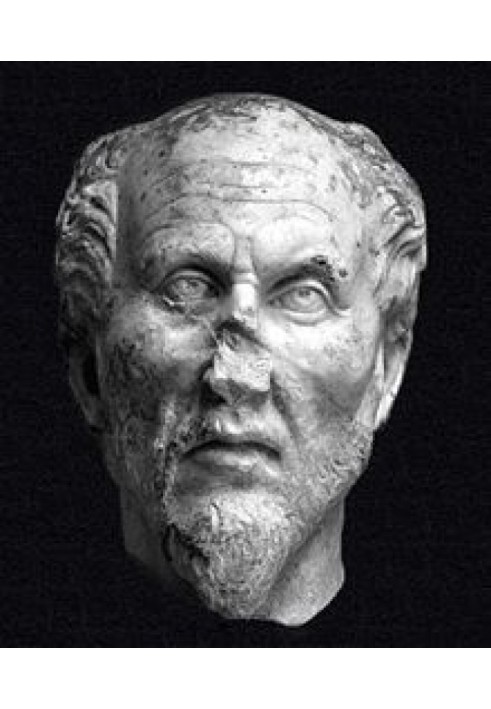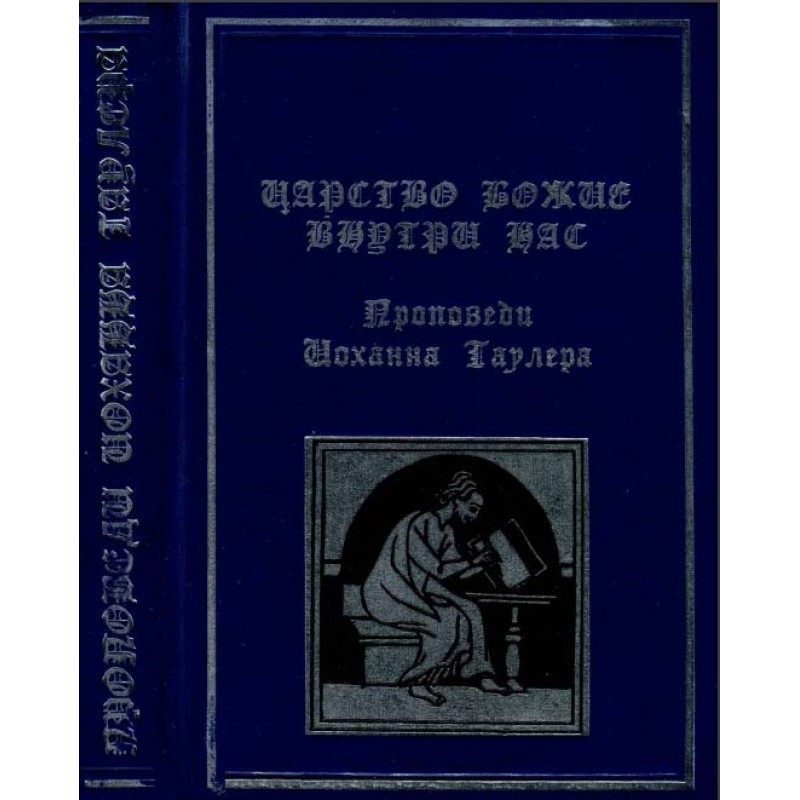Enneads
 Instant download
Instant download
after payment (24/7)
 Wide range of formats
Wide range of formats
(for all gadgets)
 Full book
Full book
(including for Apple and Android)
Plotinus (other - Greek Πλωτινος) (b. 204/205, Lycopolis, Egypt, Roman Empire - d. 270, Minturni, Campania) - ancient idealist philosopher, founder of Neoplatonism. Systematized Plato's teaching about the embodiment of the triad in nature and space. He defined the Divinity as an inexplicable primal essence, standing above all comprehension and giving rise to all the diversity of things through emanation (“outpouring”). Tried to synthesize ancient polytheism with the ideas of the One. He recognized the doctrine of metempsychosis, on which he based the moral teaching of life. Developed the soteriology of Neoplatonism. Born in Lycopolis, Lower Egypt. He spent his youth in Alexandria, at one time one of the largest centers of culture and science. In 231/232-242 he studied with the philosopher Ammonius Saccas (whose student was also Origen, one of the teachers of the Christian Church). In 242, in order to get acquainted with the philosophy of the Persians and Indians, he accompanied Emperor Gordian III on the Persian campaign. In 243/244 he returned to Rome, where he founded his own school and began teaching. Here a circle of his followers has formed, uniting representatives of various walks of life and nationalities. In 265, under the patronage of Emperor Gallienus, he made an unsuccessful attempt to implement the idea of the Platonic state - to found a city of philosophers, Platonopolis, which would be the center of religious contemplation. In 259/260, already at an advanced age, he began to record his own teaching in writing. Plotinus's fragmentary notes were posthumously edited, compiled and published by his student Porphyry. Porphyry divided them into six sections, each section into nine parts (hence the name of all 54 treatises of Plotinus - “Enneads”, αι Εννεάδες “Nines”).
Data sheet
- Name of the Author
- Плотин
- Language
- Ukrainian
- Release date
- 1996




















